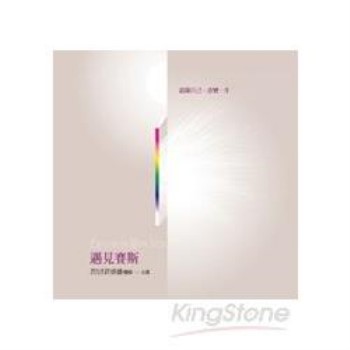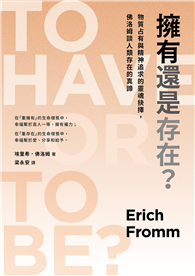It is widely accepted that English is the first truly global language and lingua franca. Its dominance has even led to its use and adaptation by local communities for their own purposes and needs. One might see English in this context as being simply a neutral, universal vehicle for the expression of local thoughts and ideas. In fact, English words and phrases have embedded in them a wealth of cultural baggage that is invisible to most native speakers. Anna Wierzbicka, a distinguished linguist known for her theories of semantics, has written the first book that connects the English language with what she terms "Anglo" culture.
Wierzbicka points out that language and culture are not just interconnected, but inseparable. This is evident to non-speakers trying to learn puzzling English expressions. She uses original research to investigate the "universe of meaning" within the English language (both grammar and vocabulary) and places it in historical and geographical perspective. For example, she looks at the history of the terms "right" and "wrong" and how with the influence of the Reformation "right" came to mean "correct." She examines the ideas of "fairness" and "reasonableness" and shows that, far from being cultural universals, they are in fact unique creations of modern English. This engrossing and fascinating work of scholarship should appeal not only to linguists and others concerned with language and culture, but the large group of scholars studying English and English as a second language.| FindBook |
有 1 項符合
English: Meaning And Culture的圖書 |
 |
English 作者:Wierzbicka、Ann 出版社:Oxford University Press, USA 出版日期:2006-04-27 語言:英文 規格:平裝 / 352頁 / 23.4 x 15.5 x 2.3 cm / 普通級 |
| 圖書館借閱 |
| 國家圖書館 | 全國圖書書目資訊網 | 國立公共資訊圖書館 | 電子書服務平台 | MetaCat 跨館整合查詢 |
| 臺北市立圖書館 | 新北市立圖書館 | 基隆市公共圖書館 | 桃園市立圖書館 | 新竹縣公共圖書館 |
| 苗栗縣立圖書館 | 臺中市立圖書館 | 彰化縣公共圖書館 | 南投縣文化局 | 雲林縣公共圖書館 |
| 嘉義縣圖書館 | 臺南市立圖書館 | 高雄市立圖書館 | 屏東縣公共圖書館 | 宜蘭縣公共圖書館 |
| 花蓮縣文化局 | 臺東縣文化處 |
|
|
圖書介紹 - 資料來源:博客來 評分:
圖書名稱:English: Meaning And Culture
內容簡介
作者簡介
Anna Wierzbicka is Professor of Linguistics at Australian National University. She has an international reputation for her work on semantics, pragmatics, and cross-cultural linguistics. Other published works include What Did Jesus Mean? (OUP, 2001), Semantics, Culture, and Cognition (OUP, 1992), and Semantic Primitives, in which she is credited with establishing the Natural Semantic Metalanguage.
|











